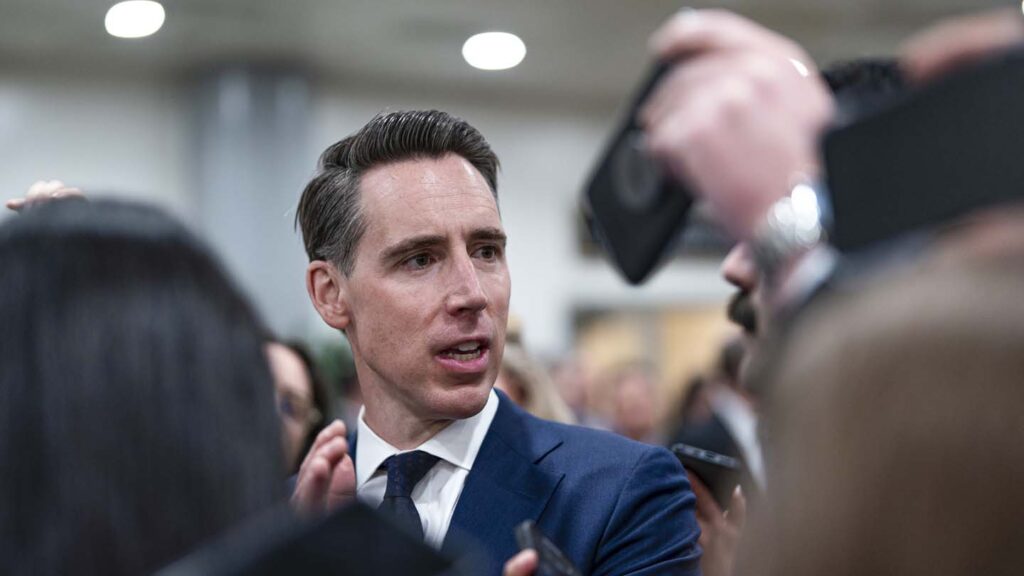The nursing home industry is sounding the alarm and mobilizing its forces, pinning its hopes on the U.S. Senate to deliver a more tenable budget after a razor-thin House vote approved a bill that industry leaders are calling a direct threat to elder care. The controversial package, which includes steep cuts to Medicaid and a freeze on provider taxes, has sent shockwaves through the long-term care sector.
The House legislation, which squeezed through with a mere one-vote margin (215-214) early Thursday, proposes a staggering $800 billion cut in federal Medicaid funding to states over the next decade, according to the Congressional Budget Office (CBO). This is a figure that operators say would inevitably cripple a system already struggling to meet the needs of America’s most vulnerable seniors.
Katie Sloan, CEO of LeadingAge, the association of nonprofit providers of aging services, didn’t mince words, describing the House package as “cold-hearted legislation that will have ugly consequences.” Speaking to the urgent need for advocacy, Sloan added, “LeadingAge will continue to work with the Senate to oppose… actions that will shred the health safety net for older adults and ultimately drive up healthcare costs.” (LeadingAge Statement).
The potential fallout from the House bill is severe. Beyond the Medicaid cuts, the legislation also aims to slash $500 billion from Medicare and could, as the CBO estimates, lead to more than eight million people losing their health insurance. For nursing homes, which heavily rely on Medicaid to cover the cost of care for a majority of their residents, such cuts are seen as an existential threat. The proposed freeze on provider taxes further complicates matters, potentially blocking avenues for states to boost reimbursement rates that many facilities depend on.
Industry groups are not taking this lying down. The American Health Care Association (AHCA), representing for-profit providers, has launched a social media campaign under the hashtag #StandBySeniors, urging Senators to protect Medicaid funding. Clif Porter, President and CEO of AHCA/NCAL, emphasized the dire need for Senate intervention. “We urge Senators to restore the flexibility to the states around provider taxes and protect seniors from devastation any cuts will cause,” Porter stated. “Medicaid must have proper resources and states must have proper adaptability to meet their obligations.” (AHCA/NCAL News).
Senate: A Glimmer of Hope?
While the House bill paints a grim picture, all is not lost, according to policy insiders. The focus now shifts entirely to the Senate, where a different political calculus and potentially more sympathetic ears could lead to significant changes. Observers anticipate weeks of deliberation as the Senate crafts its own version of the budget.
Providers may find an ally in Senator Josh Hawley (R-MO), who has been vocal in his opposition to deep Medicaid cuts, particularly those affecting provider taxes, which he argues “penalizes low-tax red states like Missouri.” Hawley has publicly called such reductions “morally wrong.” Other Senators, including moderates like Lisa Murkowski (R-AK) and Susan Collins (R-ME), have also previously expressed caution regarding drastic changes to Medicaid.
However, with the GOP holding a slim 53-47 majority in the Senate, and figures like Sen. Rand Paul (R-KY) already stating opposition to current budget proposals due to debt ceiling concerns, the path forward is fraught with complexity.
The clock is ticking. With debt ceiling pressures expected to peak in August, many anticipate a high-stakes negotiation between the House, Senate, and the White House, likely culminating in a deal by the end of July. For the nursing home industry and the millions of seniors they care for, the outcome of these next few weeks in the Senate could not be more critical. The fight for a budget that safeguards elder care is now in full swing on Capitol Hill.


